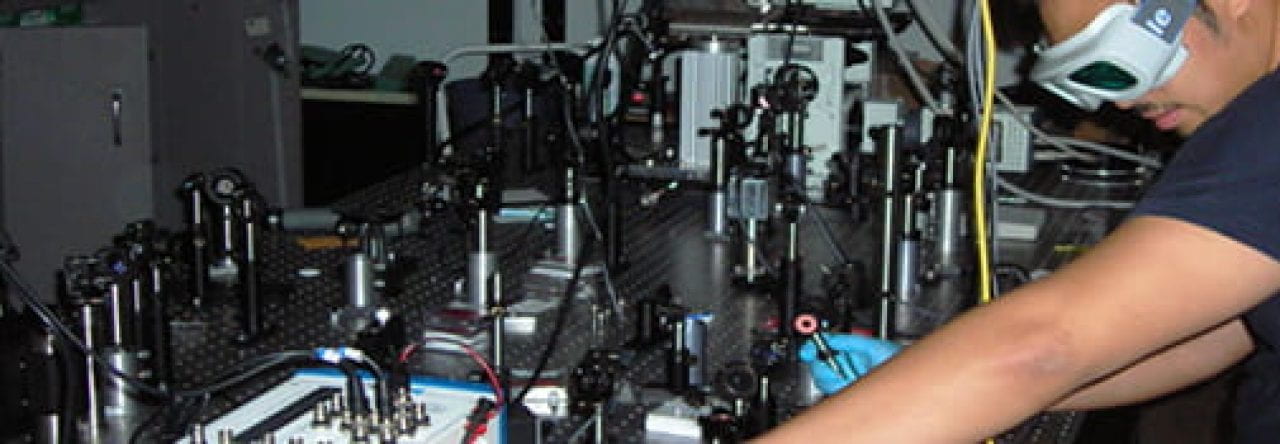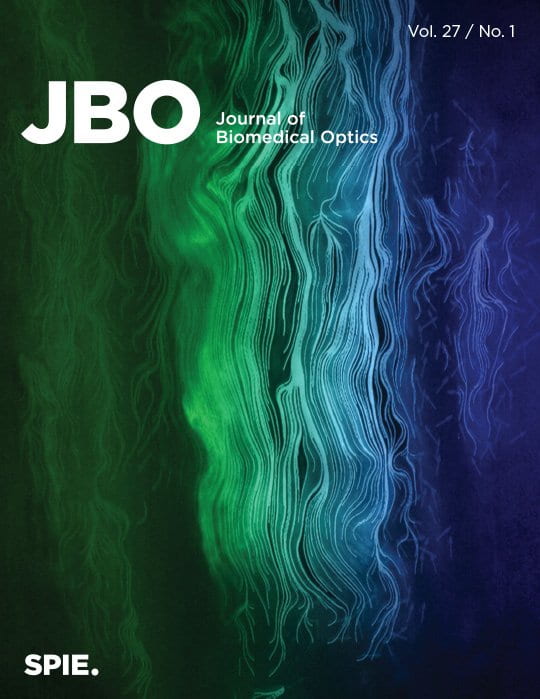On Feb. 17 and 18, Brown University hosted a workshop to explore the technological challenges and opportunities presented by this massive shift to home-based care. Titled Home Health Technologies in 2032, the event gathered more than 90 physicians, biomedical engineers, technologists, social scientists and others for virtual meetings.
The workshop’s organizing committee included Professor Toussaint along with other Brown engineering faculty members.
Professor Toussaint said the goal was to bring medical experts together with technologists to help plot the course of home health care over the next decade.
“We need to think about what kinds of technologies are needed most — whether for diagnostics or therapeutics or some combination of the two — and how these technologies could interface with the existing health care infrastructure,” Toussaint said. “At the same time, it’s critical that we start thinking right from the very beginning about how to make these technologies affordable and accessible to everyone, so that we’re not perpetuating existing disparities or creating new ones. The idea is to develop a roadmap for how these technological changes will unfold over the next 10 years.”
https://www.brown.edu/news/2022-02-22/homehealth



